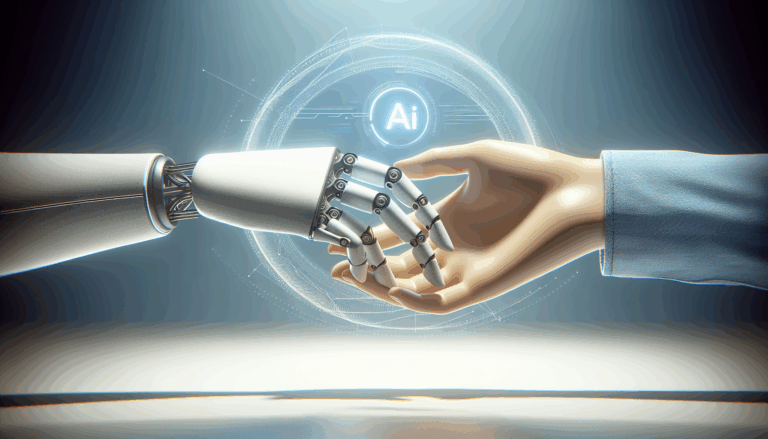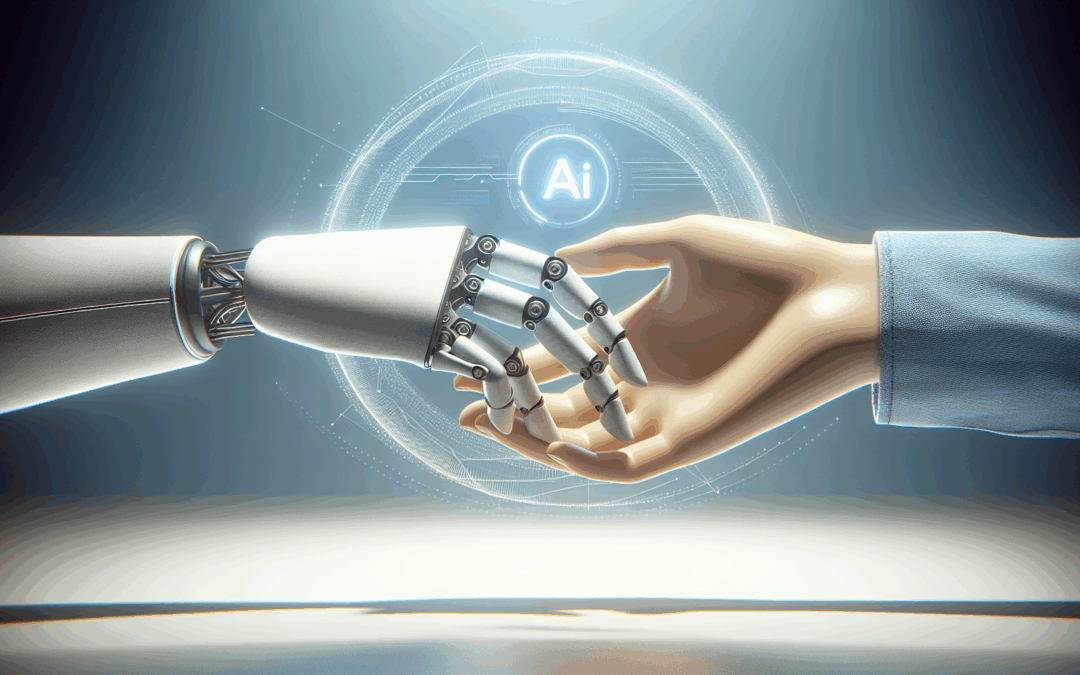Artificial Intelligence – News and Views
Emerging technologies have always sparked debate, but few innovations have captured the global imagination quite like Artificial Intelligence (AI). Once confined to the pages of science fiction, AI is now an everyday reality, influencing industries ranging from healthcare to the arts. As we stride further into a technological age, it is essential not just to track the latest AI news but also to engage with the broader implications of artificial intelligence, from ethical considerations to its role in government and the responsible use in workplaces.
AI News: Keeping up with Rapid Developments
AI advancements come thick and fast, often reshaping the landscape in ways both dramatic and subtle. In recent months, headlines have highlighted breakthroughs in generative AI, natural language processing, and robotics. AI-powered chatbots continue to display increasingly human-like conversational abilities, with substantial improvements in comprehension and emotional intelligence. The introduction of models capable of creating sophisticated images and videos has further stirred excitement—and concerns—about how we discern fact from fabrication.
Major technology firms and start-ups are racing to integrate AI into their offerings. Apple, for instance, recently unveiled plans to weave AI deeply into its operating systems, aiming to enhance user experiences with predictive text and intelligent photo sorting. Meanwhile, healthcare providers have begun using AI algorithms to assist in diagnosing diseases, with some studies suggesting greater accuracy than traditional methods in specific contexts.
“AI is likely to be either the best or worst thing to happen to humanity,” said Stephen Hawking, reflecting the profound potential and peril encapsulated in this evolving technology.
AI Ethics: Navigating a Complicated Landscape

With great power comes great responsibility, and the rapid ascent of AI technology brings pressing ethical questions to the forefront. How do we ensure AI systems make fair, unbiased decisions? How can we prevent AI from exacerbating existing social inequalities? This is the domain of AI ethics—a field that wrestles with moral dilemmas previously unimagined.
One prominent debate is around algorithmic bias. AI systems learn from large data sets, and if these data sets contain historical prejudices, the technology can reinforce harmful stereotypes. For instance, facial recognition systems have come under scrutiny for reduced accuracy when analysing faces from minority groups. Such disparities have substantial real-world consequences, particularly in law enforcement and hiring practices.
Transparency is another key issue. Decisions made by AI can sometimes seem like a “black box”—opaque even to their creators. This lack of clarity becomes a problem when AI is used in high-stakes environments such as healthcare diagnoses or judicial verdicts. Many experts believe explainable AI—a system’s ability to articulate the reasoning behind its decisions—is crucial for maintaining trust and accountability.
Regulatory frameworks are taking shape globally. The European Union, for example, has proposed the Artificial Intelligence Act, aimed at fostering innovation while curbing potential harms. As AI becomes woven into the fabric of society, these conversations will only intensify.
AI in Government: Opportunities and Caution
Governments around the world are exploring how AI can help address complex, large-scale challenges. From predicting traffic congestion to streamlining benefits administration, public sector adoption of AI holds promise for creating more efficient and responsive state apparatus.
In the United Kingdom, the government’s Office for Artificial Intelligence supports the wider adoption of AI technologies across public services. For instance, AI-driven chatbots now handle initial queries for government agencies, freeing up staff for more nuanced tasks. Predictive analytics have improved processes ranging from tax collection to healthcare resource allocation.
Yet, the deployment of AI in government is not without controversy. Privacy concerns are paramount when AI handles sensitive citizen data. Vigilance is required to prevent function creep—where data collected for one purpose is quietly used for another—and to ensure that the rights of individuals are protected.
Furthermore, public trust hinges on transparency. When decisions about benefits, security, or justice are made with AI input, citizens deserve to know how those conclusions are reached. “To retain legitimacy, governments must ensure their use of AI is fair, open and subject to regular scrutiny,” notes an analysis from the Alan Turing Institute.
Responsible Use of AI in Workplaces
AI’s ability to automate and optimise has huge appeal for employers, promising increased efficiency and lower costs. However, as automation takes on more workplace functions—from scheduling meetings to screening job applications—the need for responsible use of AI becomes critical.
Responsible AI use in the workplace is built on a foundation of transparency, accountability, and inclusivity. Employees should be informed how AI systems are used and have some agency in how their data is processed. For example, AI-powered monitoring tools must tread a delicate line between optimising productivity and respecting privacy.
There are also broader cultural questions. How does AI reshape teamwork, creativity, or job satisfaction? Some organisations report that AI frees staff from repetitive tasks, allowing them to focus on higher-value work. Others caution that over-reliance on automation can sap initiative and dull creative thinking.
To foster a culture of responsibility, employers are adopting codes of ethics for digital technologies and investing in training to bolster digital literacy among staff. As one business leader put it, “The future is not man versus machine. It is man with machine.”
The Road Ahead: Informed Decisions and Shared Responsibility
AI’s meteoric rise shows little sign of slowing. As new applications flourish and society grapples with their impact, engaging with AI news becomes ever more important, not just for technologists but for all citizens.
Ethical challenges will remain at the heart of the discussion, demanding nuanced dialogue between policymakers, technologists, and the public. As governments integrate AI into vital services, rigorous oversight and clear accountability are non-negotiable. In the world of work, the responsible use of AI must ensure that technology empowers rather than marginalises employees.
There is no single roadmap to a future in which AI works for everyone. But vigilance, dialogue, and a shared sense of responsibility can help us harness its benefits while managing its risks. In that journey, staying informed and actively participating in AI conversations is our collective imperative.

